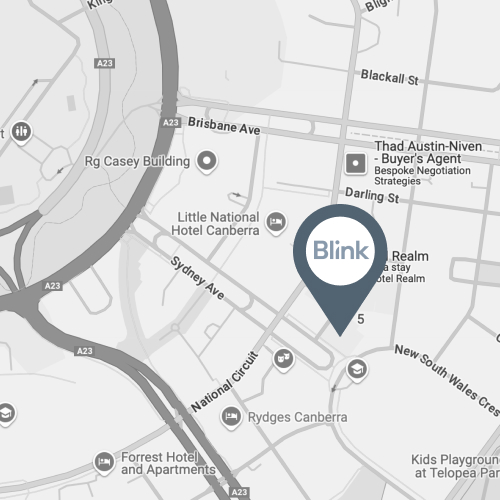
Are You Asleep During Laser Eye Surgery?
One of the most common questions people ask before laser eye surgery is whether they’ll be asleep during the procedure. The idea of having a laser near your eyes can sound daunting but rest assured, laser vision correction is designed to be safe, quick, and comfortable.
This article explains what happens during surgery, what type of anaesthesia is used, and what you can expect before, during, and after treatment.
You’re awake - but comfortable
During laser eye surgery, you are awake the entire time. You do not need general anaesthesia. Instead, your surgeon uses anaesthetic eye drops to completely numb the surface of your eye.
These drops prevent you from feeling pain1 https://www.healthline.com/health/does-laser-eye-surgery-hurt, while allowing you to remain awake, responsive, and able to follow simple instructions such as focusing on a target light.
This approach makes the procedure safer and faster, as you can cooperate with the surgical process without discomfort.
What you’ll experience during surgery
- Preparation
Before surgery, your eyes are numbed with drops and gently cleaned. A small device is placed to keep your eyelids open, this prevents blinking but doesn’t cause pain. - The Procedure
Depending on the type of surgery (LASIK, TransPRK, or KLEx), a laser reshapes the cornea to correct your vision. The entire process usually takes less than 20 minutes per eye2https://www.michiganmedicine.org/health-lab/pros-and-cons-lasik-are-risks-worth-cost, with the laser itself active for only seconds.
You may notice:
- A dim or flickering light,
- Mild pressure (not pain),
- Slight changes in vision clarity during the procedure.
Your surgeon and team will explain each step so you always know what’s happening.
- After Surgery
Once complete, your vision may be blurry for a few hours. Most people go home the same day and rest with protective eyewear.
Why general anaesthesia isn’t used
Laser eye surgery does not require you to be asleep because:
- The procedure is quick and minimally invasive.
- You need to focus on a light target briefly during the laser application.
- Numbing drops are sufficient to keep you comfortable.
Using general anaesthesia would introduce unnecessary risks and recovery time for a procedure that most patients tolerate very well while awake.
Managing anxiety or nervousness
It’s completely normal to feel anxious before any medical procedure, especially one involving your eyes. The team at Blink Vision Clinic provides reassurance and support throughout the process.
If you’re particularly nervous, mild oral medication may be offered beforehand to help you relax but you’ll still remain awake and aware.
Aftercare and recovery
After laser eye surgery:
- Your eyes may feel slightly gritty or watery for a few hours.
- Vision usually improves within a few days.
- You’ll be prescribed lubricating and antibiotic eye drops.
- Follow-up visits will monitor your healing closely.
Your surgeon will provide personalised aftercare advice to help you recover comfortably.
When to contact your clinic
If you notice significant pain, redness, or changes in vision after surgery, you should contact your clinic promptly for advice. Early review helps ensure a smooth recovery.
Summary
You are awake during laser eye surgery, but your eyes are fully numbed, and you should not feel pain. The procedure is designed to be fast, precise, and comfortable, with most patients surprised by how straightforward it feels.
Understanding what to expect can ease nerves and help you prepare confidently.
Take our quick laser eye surgery suitability self-test to find out if this procedure might be right for you.
Find out if you are suitable for vision correction
Not everyone is eligible for vision correction surgery.
Find out if you could benefit from this life changing surgery by taking the quick self-suitability quiz below:


